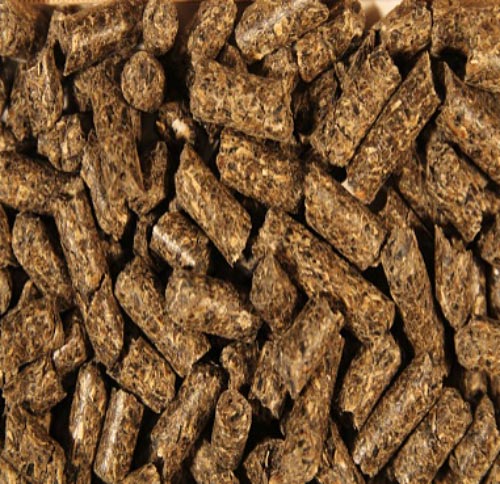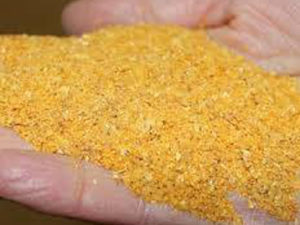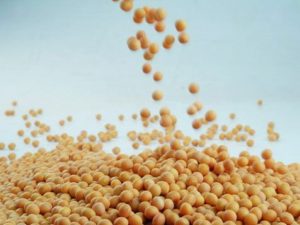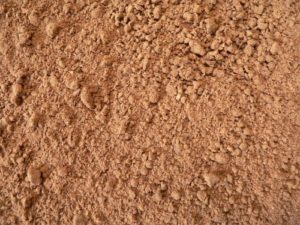Sunflower Pellets
What are Sunflower Pellets?
Sunflower Meal is the by-product of the extraction of oil from sunflower seeds. De-hulled sunflower pellets contain 36% crude protein, while sunflower meal with hulls contain 26-28% crude protein.
This product is obtained by grinding the residue that remains from the extraction of oil from sunflower seed.
In order to facilitate handling and transportation, the meal is pelletised.
The colour of sunflower meal varies from grey to black and depends on the degree of de-hulling and method of oil extraction.
Features and benefits:
- Sunflower meal is entirely adequate as the sole source of supplemental protein in dairy rations.
- A major benefit of sunflower meal is that it does not have anti-nutritional factors such as those found in soybean and cottonseed meal.
- Sunflower meal protein, which is richer in sulphur amino acids, is more degradable than that of other oil meals, which readily facilitates microbial synthesis.
- Sunflower meal is well utilised in young calves and growing heifers.
- Sunflower meal is a valuable source of calcium, phosphorus and B vitamins.
Feeding Recommendations:
As Sunflower Pellets / Meal contain less protein and much more fibre than Soybean Meal, it is a valuable livestock feed, and particularly for ruminants, where its high fibre can help reduce acidosis.
Typical inclusion rates of Sunflower Products in supplementary feeds is 20-25% for dairy & 2.5% for calves.
It is also suitable for pigs, goats and poultry.
Consult your nutritionist or farm consultant to work out the optimal level for your particular situation.
Storage:
Like all feedstuffs, Sunflower products should be stored dry, in bulk bins or placed on cement slabs (away from vermin and covered and protected from the weather accordingly). It can be stored for extended periods of time without significant loss or degradation under well-handled conditions.
Typical nutritional analysis:
| Dry Matter | 90 % |
| Crude Protein | 38 % |
| Crude Fat | 4.3 % |
| Starch | 5.0 % |
| Metabolisable Energy | 12 mj/kg DM |
| Crude Fibre | 18.0 % |
| NDF | 38 % |





